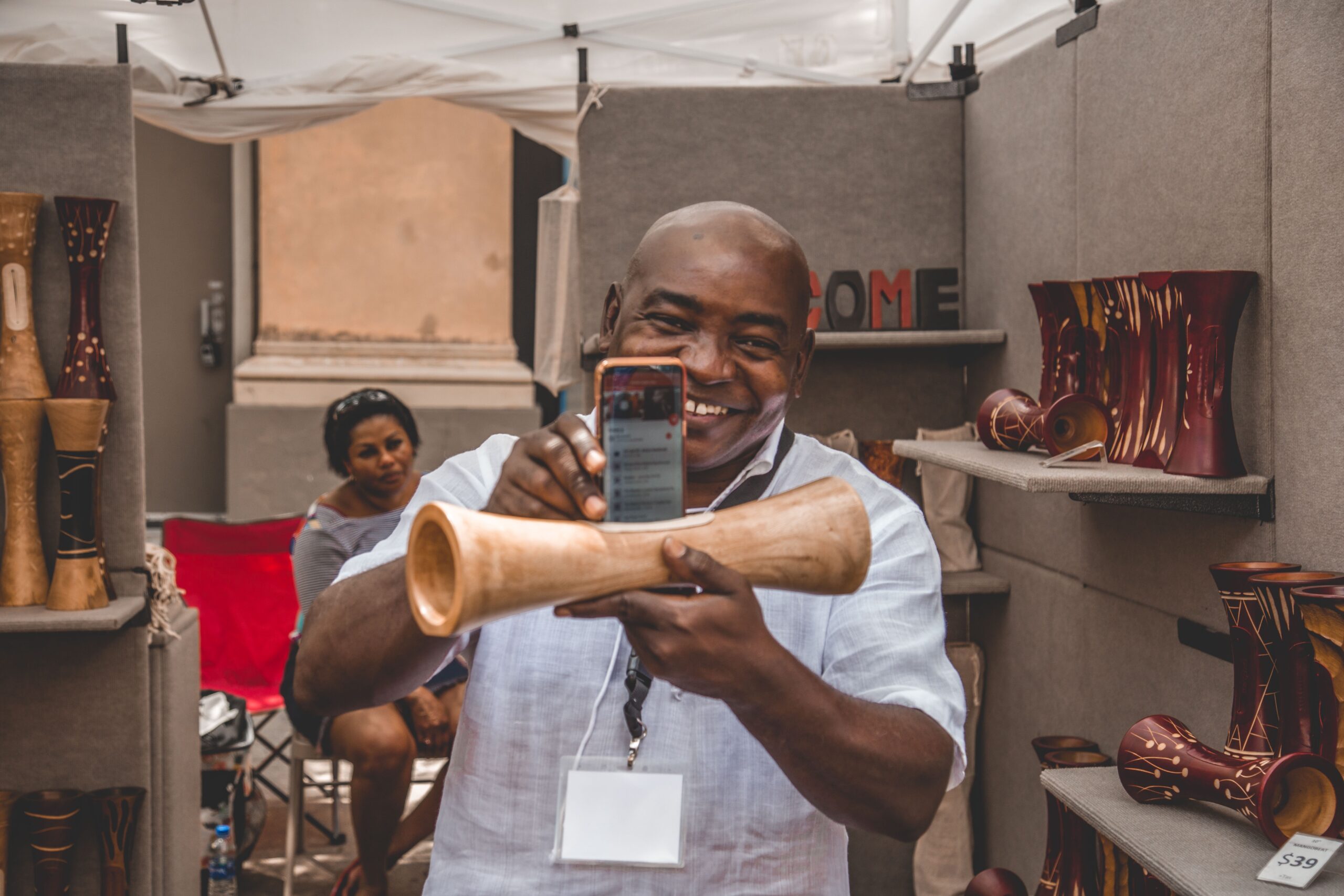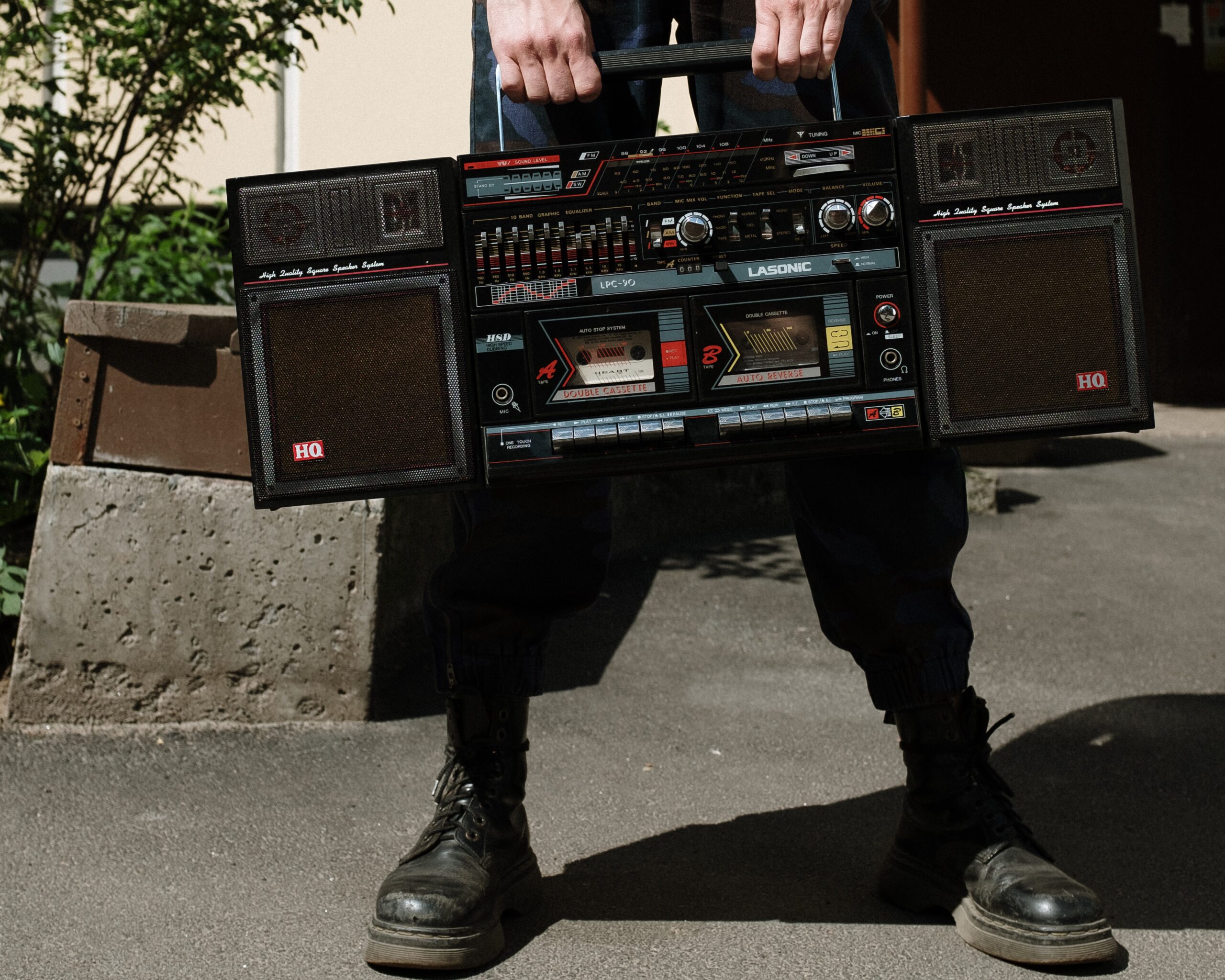HOW DOES THE PANDEMIC AFFECT THE WORLD?
Date
- Published May 1st, 2020
'Every dark cloud has a silver lining'

The world enters another week in unified isolation against the COVID-19 coronavirus pandemic and every industry, whether health services, supermarkets, or start-ups are experiencing the effects. The coronavirus is impacting the fashion industry as well, as consumers stay home, and apparels have dropped off their shopping list. All around the world, retailers are shutting their doors, which is encouraging customers to shop online instead, but the reality is that most people are already burdened financially by layoffs and childcare responsibilities that buying new clothes is the last thing on their minds.
Employers are failing to provide adequate protective equipment for workers once they arrive come to work. According to Amnesty International,garment workers in Egypt are expecting their employees to provide masks, gloves, and sanitizers at their own expense.
Unsafe working conditionshave become inevitable. Even the factories that are trying to provide sanitation equipment to their employees may be falling short. A compliance report from Better Factories Cambodia found that 30 percent of factories didn’t have adequate handwashing stations or adequate access to soap. Without access to basic sanitation, workers are at greater risk of contracting the virus.
Worldwide supply chain disruption due to COVID-19 has caused an unexpected halt in clothes manufacturing, with the vulnerable and lowest paid people in the fashion supply chain most affected and feeling the worst effects. Millions of garment markers around the world have lost their jobs due to the virus and unlike us, they have no access to financial or social safety nets to weather the storm. In many of these countries where these clothe makers are, poverty is rife, and it has only become worse. Brands in the fashion industry typically pay suppliers weeks or even months after delivery, rather than upon ordering. As a result, suppliers pay upfront for the materials brands need to make their products. However, the pandemic has caused major fashion brands and retailers to cancel orders and stop paying for orders that were already placed, in some cases, even after the work has been done, with no thought for those who form the supply chain. Left with no choices, factories are destroying their unwanted goods and laying off workers in their numbers.
In Bangladesh, many apparel factories are closing indefinitely, while some have shut down already. According to Forbes, these closures have seen western fashion brands cancel over $2.8 billion in orders from Bangladeshi factories, sparking a potentially disastrous humanitarian crisis. Over 1.2 million workers have been directly impacted, and while some workers have received less than a month’s salary as severance, many others have received nothing at all. This means these people will not be able to manage costs for food, rent, and other necessities. It is even unimaginable what they can do if they or their family members contract the virus. If their meager income could cover their living costs before, now it’s worse.
This is why nonprofit organization Remake launched the #PayUp petition on April 3rd to point a spotlight on some of the world’s biggest fashion brands, asking them to pay over $3 billion owed garment factories in countries such as India, Bangladesh, Myanmar and Cambodia for canceled or delayed orders due to the coronavirus outbreak.
Besides, the situation is not better in any other country. Many garment workers find that they cannot apply for unemployment benefits due in part to the underground nature of the industry and “off the book” work, which makes it difficult, if not impossible to apply for paid family leave or disability insurance as the pandemic rages on. Stores are closed, but if they remain so for another two months, big fashion companies in North America could find themselves in financial distress. A McKinsey Global Fashion Index (MGFI) analysis, found that 56 percent of global fashion companies has stopped earning their cost of capital in 2018. It is expected that many of the fashion companies will go bankrupt within the next 12 to 18 months.
While it seems as if 2020 has been canceled, there is still hope for the fashion industry, as it could emerge stronger with brands turning towards digital solutions. Some brands have adopted made-to-order software systems, enabling them digitize supply chain in response to demand by consumers. One way they actualize this is to book machine slots rather than production runs with factories, which enables them to initiate digitized products based on consumer demand. Either way, innovation in all ranges seem inevitable.




